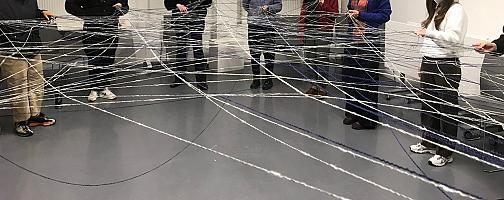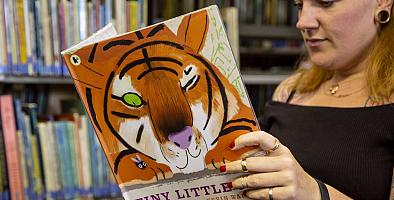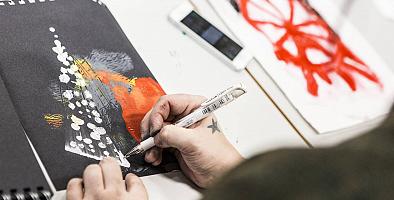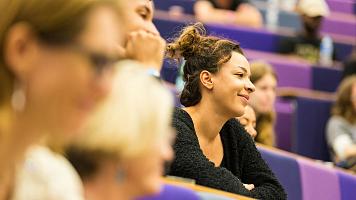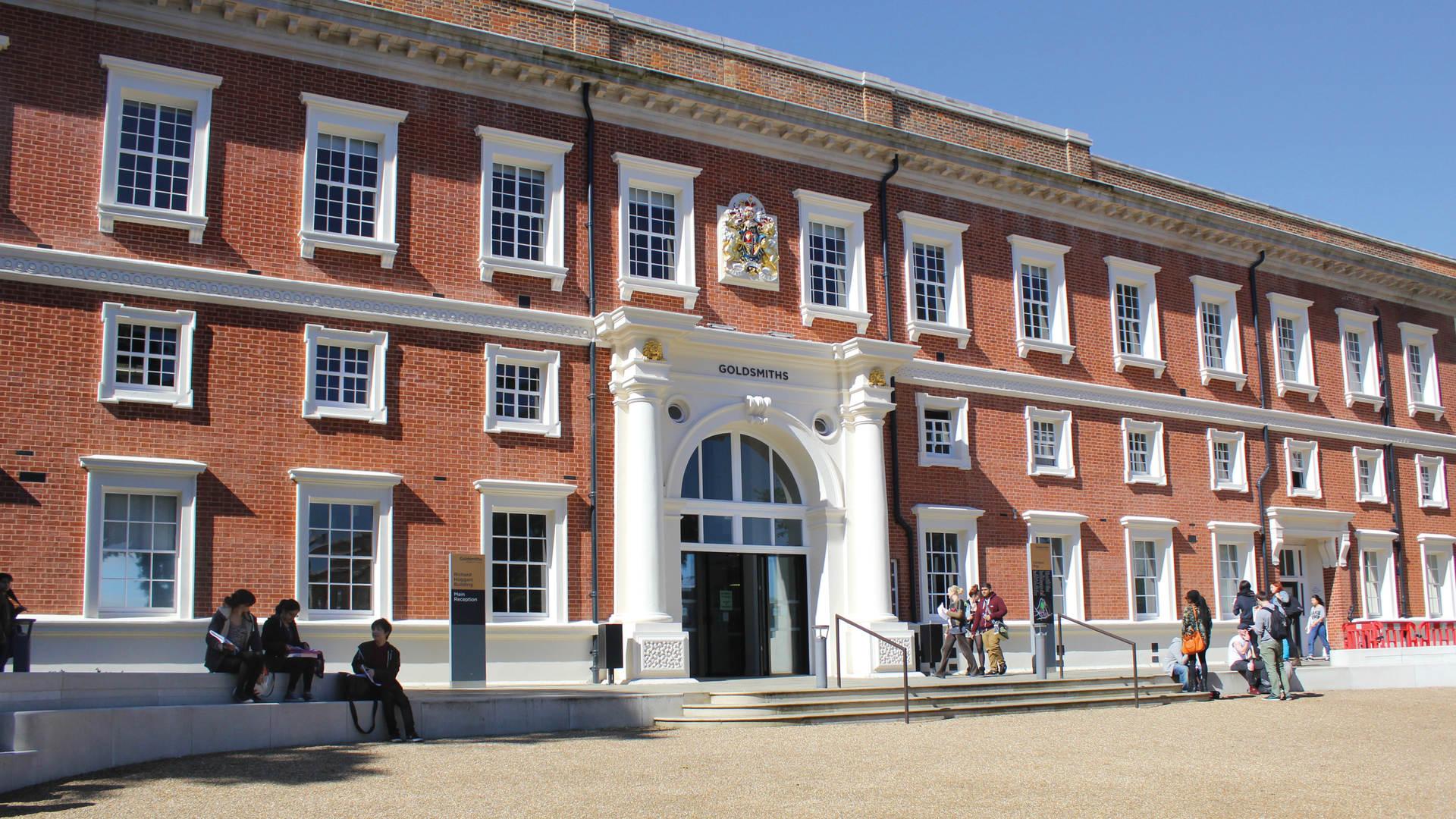Course information
Department
Length
Modular
Course overview
Our MA-level modules will enable you to develop your understanding and critical awareness of educational theory and practice, as well as your self-reflection and research skills.
- The MA-Level Continuing Professional Development (CPD) route allows you to choose up to two modules from our MA Education: Culture, Language and Identity.
- After completing these modules, you can apply to transfer onto the MA Education: Culture, Language and Identity programme as a part-time student as long as you have completed the Culture Language and Identity in Education module.
- If you are a Goldsmiths PGCE alumni, we suggest you consider the full MA Education: Culture, Language and Identity instead. You can transfer up to 60 credits (within five years) and may be eligible for our Alumni discount.
- The award you receive depends on the number of credits you successfully complete. Completing a single 30-credit module does not result in an award.
Contact the department
If you have specific questions about the degree, contact the Teachers Centre.
